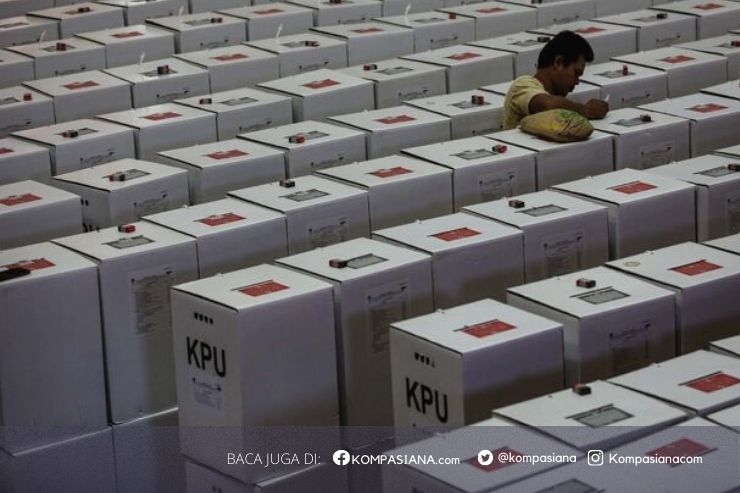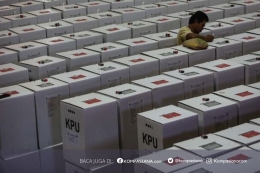4. RESULT AND DISCUSSION
4.1 PROPOSED STRATEGIES FOR HR QUALITY IMPROVEMENT
Education and Training Programs
Enhancing Curriculum Alignment With Global Industry Standards
Aligning educational curricula with global industry standards is critical for bridging skill gaps and fostering workforce readiness. Khasawneh (2024) emphasizes the importance of collaboration between academia and industry to address mismatches in translation education, highlighting collaborative strategies as a tool for effective curriculum alignment (Khasawneh, 2024). Similarly, Karyanto et al. (2023) discuss the challenges in aligning higher education curricula with the evolving industry landscape, calling for multi-dimensional approaches to improve responsiveness (Karyanto et al., 2023).
Suryapermana et al. (2023) provide a multi-level analysis of curriculum alignment in Indonesia, examining how specific disciplines address global industry demands. Their findings emphasize the role of dynamic curriculum frameworks in aligning academic training with market needs (Suryapermana et al., 2023). Nhleko and Van der Westhuizen (2021) investigate the impact of Industry 4.0 on curriculum design, revealing how entrepreneurial education has adapted to align with technological advancements (Nhleko & Van der Westhuizen, 2021).
Brezeanu and Lazarou (2020) explore curriculum alignment in engineering education, advocating for transdisciplinary approaches to prepare specialists for Industry 4.0 (Brezeanu & Lazarou, 2020). Chikasha et al. (2020) propose atomic curriculum manipulation as a strategy for improving alignment in industrial engineering education (Chikasha et al., 2020).
Promoting International Certifications And Partnerships
International certifications and partnerships play a crucial role in fostering trust, ensuring quality standards, and enhancing global competitiveness. Katsieris (2024) discusses the impact of accreditation and certification systems on global trade, highlighting how these mechanisms promote confidence among international trading partners (Katsieris, 2024). Okonta and Ayinla (2024) analyze global alliances in architectural education, emphasizing the value of structured international partnerships for sustainable training and certification (Okonta & Ayinla, 2024).
Demirovi and Petrovi (2021) explore the integration of international certifications in service industries, showing how these certifications enable sustainable development and facilitate partnerships between diverse stakeholders (Demirovi & Petrovi, 2021). Park and Park (2018) focus on Authorized Economic Operator (AEO) certifications, describing how they enhance trust-based partnerships between public and private sectors, contributing to trade facilitation and economic performance (Park & Park, 2018).
Additionally, Gairbekov and Chaplaev (2019) examine voluntary certification systems as tools for branding and territorial development, demonstrating their impact on enhancing global integration (Gairbekov & Chaplaev, 2019). These findings collectively emphasize that promoting international certifications and fostering partnerships are essential for aligning organizational practices with global standards.







